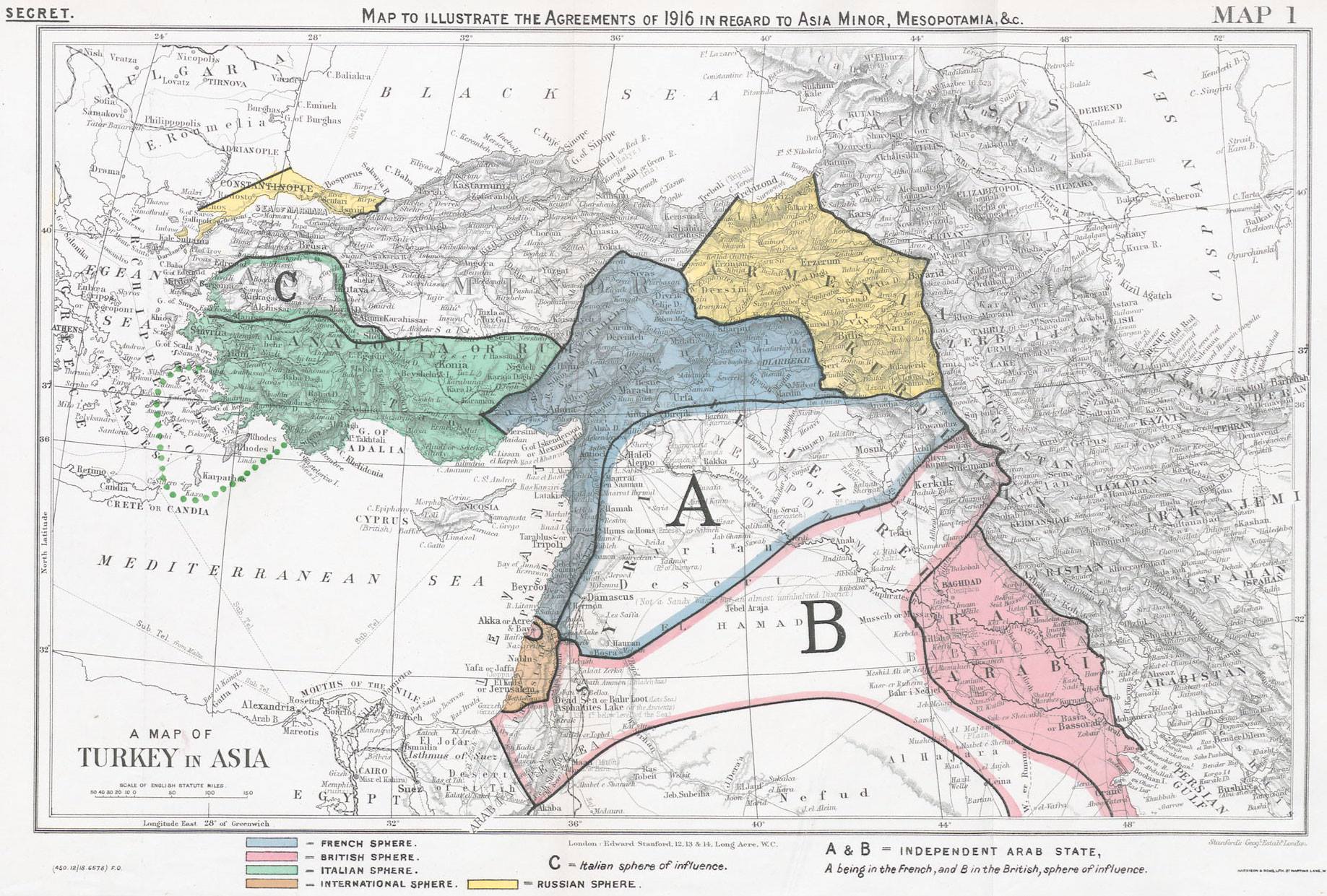Skallagrim
Well-known member
I've always been very interested by this particular generation that tends to be vilified and over-shadowed by their sons and grand-sons and whatnot. We always focus on Henry VIII and Charles V and the Protestant Reformation getting kicked off, and sure, that's all fascinating. But let's go back a bit, and we have Richard III -- possibly the most 'modern' monarch of his day -- and we have Pope Alexander VII -- vilified by his opponents, but actually a capable reformer, whose proposals could have helped prevent the Reformation -- and we have Maximilian I -- who was both the "last knight" of old Europe and the first Emperor to being truly modern reforms. In addition, the age of exploration is about to kick off, but the deck hasn't been shuffled yet.Please, do go on. I've always been more focused on 19th and 20th Century history, but 16th occasionally grabs my attention for all its possibilities.
It's a given that if Richard III wins and survives, he's going to act against France (which harboured his enemies and will continue to be a threat). Battle-hardened and experienced, he has an excellent shot at coming out the winner in that pursuit. Maximilian I has every reason to support Richard, and their victory will result in him getting to marry Anne of Brittany (whereas in OTL, Charles VIII forced that to be annulled so he could marry Anne himself). These factors alone will produce major ramifications, but we're hardly done. Richard himself was set to be married to Joanna of Portugal, which would strengthen ties between Portugal and England. This offers fascinating perspectives for an Anglo-Portuguese alliance to rival Spain in the New World, at a time when France has been recently humbled in war.
The maps are going to look very different, I tell you.



